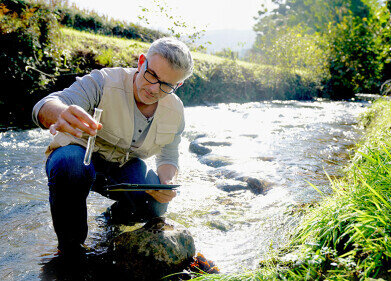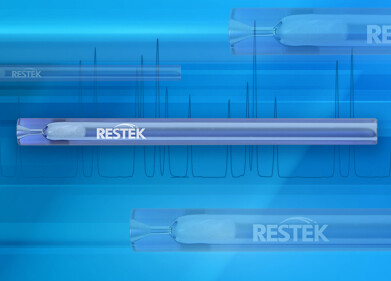Environmental Laboratory
Is Climate Change Making Hurricanes Stronger?
Dec 19 2020
New research from Japan has indicated that hurricanes which reach landfall are able to stay active for longer as a direct result of climate change. The paper, which was published in the scientific journal Nature last month, concentrated its efforts on hurricanes that originated in the North Atlantic Ocean and reached land, noting that they weakened at half the rate today as they did 50 years ago.
The news is concerning for the environmental community in particular and the entire global populace in general, since it suggests that hurricanes will become ever stronger as climate change continues unabated. This means they will be able to penetrate ever further inland, reaching towns, cities and rural holdings which are entirely unprepared to deal with their impact.
First of its kind
The research, which was undertaken by the Okinawa Institute of Science and Technology Graduate University (OIST) in Japan, is the first of its kind. While many previous studies have focused on how hurricanes can become more intense due to climate change while on open water, this is the first one that has concentrated on how they fare when reaching landfall.
To reach their conclusions, the team analysed the data collected about all North Atlantic hurricanes which made landfall since 1970. Their results revealed that for the first day after the hurricane had arrived onshore, it deteriorated in strength at a rate that was twice as slow as it was half a century ago. This meant that it was more capable of reaching inland locations and causing natural floods, which pose a great many problems in their management and mitigation.
Moisture and temperature
However, the pattern was not a linear one, but rather fluctuated in tandem with the rising and falling of oceanic surface temperatures. The team investigated this link between warmer sea surfaces and prolonged hurricane strength by using sophisticated computer modelling software to create simulations of what would happen with different oceanic temperatures – and with different levels of moisture.
“Hurricanes are heat engines, just like engines in cars. In car engines, fuel is combusted, and that heat energy is converted into mechanical work. For hurricanes, the moisture taken up from the surface of the ocean is the "fuel" that intensifies and sustains a hurricane's destructive power, with heat energy from the moisture converted into powerful winds,” explained Lin Li, lead author on the project. “Making landfall is equivalent to stopping the fuel supply to the engine of a car. Without fuel, the car will decelerate, and without its moisture source, the hurricane will decay.”
New approach needed
This discovery of the pivotal role that stored moisture plays in the lifespan of a hurricane once it reaches land is ground-breaking and could provide the insight necessary to counter the worst effects of climate change. Because current computer simulations of how hurricanes will behave do not even factor moisture into their calculations, they are incomplete and produce erroneous results.
Therefore, OIST research has been instrumental in enlightening the scientific community of this important fact. However, more research is now required to determine whether this particular phenomenon is confined to the North Atlantic Ocean, or whether it is occurring with similar consistency in other regions of the world, as well.
Digital Edition
IET 34.2 March 2024
April 2024
Gas Detection - Biogas batch fermentation system for laboratory use with automatic gas analysis in real time Water/Wastewater - Upcycling sensors for sustainable nature management - Prist...
View all digital editions
Events
Apr 24 2024 Jakarta, Indonesia
Apr 24 2024 Sao Paulo, Brasil
Apr 30 2024 Melbourne, Australia
Apr 30 2024 Birmingham, UK
May 03 2024 Seoul, South Korea


















